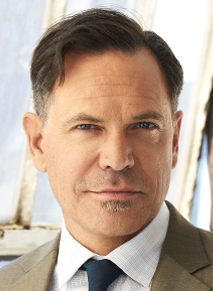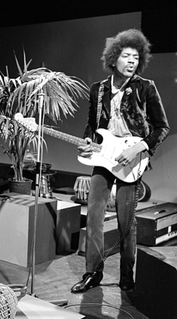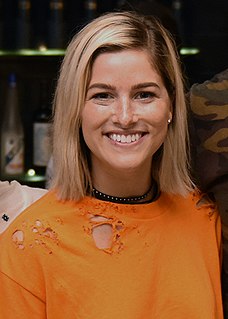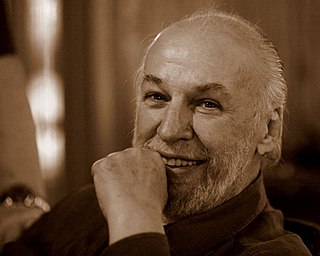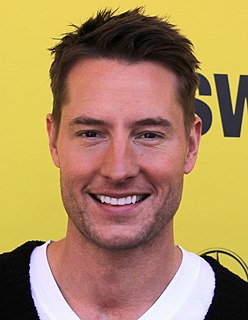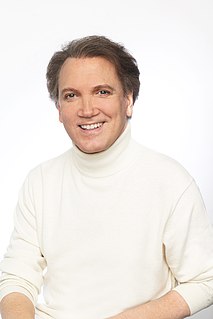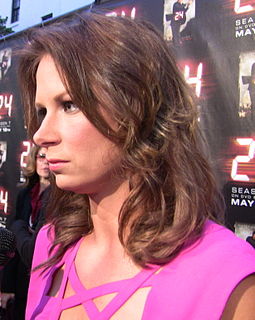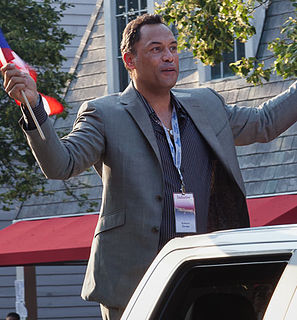A Quote by Kurt Elling
Related Quotes
I had promised myself when I first got started that if I got to the point my life where I started feeling 'Gee, I'd rather be at home than at work', and that started happening more often than not, that it would be time to leave. I'd wake up some days and go "Oh, I don't even know if I want to go face this anymore". I would, I would go do it, I'm a dutiful kind of person and not afraid of work.
Had more confidence than I probably should have in high school. But I do remember feeling like I wish I could physically mature a little faster, fill out. In college it started to happen a little bit more, and my confidence started to grow - then I got out to L.A., and that got squashed immediately.
I feel guilty when people say I'm the greatest on the scene. What's good or bad doesn't matter to me; what does matter is feeling and not feeling. If only people would take more of a true view and think in terms of feelings. Your name doesn't mean a damn, it's your talents and feelings that matter. You've got to know much more than just the technicalities of notes; you've got to know what goes between the notes.
I took many notes, more than usual before I sat down and wrote Act One, Scene One. I had perhaps eighty pages of notes. . . . I was so prepared that the script seemed inevitable. It was almost all there. I could almost collate it from my notes. The story line, the rather tenuous plot we have, seemed to work out itself. It was a very helpful way to write, and it wasn't so scary. I wasn't starting with a completely blank page.
